For the first time in eight years, President Muhammadu Buhari confers National honours on a list of award nominees today, October 11.
The Buhari government had restrained itself from conferring national honours awards since it was last done in 2014 by his predecessor, Goodluck Jonathan. This followed the release of an authentic list of National Honours Awards nominees after the federal government said that an earlier list in circulation was fake.
The list which contained the names of Minister of Education, Adamu Adamu and a few other controversial public officials, had stirred controversy. The controversial list did not also contain the names of certain individuals considered most deserving of the highest honour the country could give to a citizen, which sparked negative reactions from the public.
Apart from Adamu’s inclusion, there were other names that elicited reactions from the general public. Adamu’s nomination in the said list was vehemently opposed on the grounds that the country’s educational system has not been one to be proud of under Adamu’s watch. The National Association of Nigerian Students (NANS) had expressed their disapproval in a statement made by its spokesperson, Giwa Temitope.
Temitope said the inclusion of Adamu Adamu in the list “is a clear pointer to the fact that Nigerian students have been taken for a ride.”
The eight-month strike served as a backbone to the Students’ grievances, who lamented that the Nigerian education sector has “totally collapsed” under Adamu’s watch.
“It constitutes an insult to the collective intelligence of Nigerian students both home and in the diaspora that the Minister of Education, Mallam Adamu Adamu under whose nose University students have been home for close to eight months is to be awarded the National Honours of Commander of the Order of Niger ( CON),” part of the statement read.
A good number of Nigerians shared this sentiment. Similar sentiments were expressed toward the presumed act of the president in selecting certain names, possibly out of favouritism or familiarity rather than giving honour based on merit.
There were expression of dissatisfaction in some quarters over the exclusion of Bukola Saraki (who led the national assembly from 2015 to 2019), from the list. Some were of the opinion that he shouldn’t have been exempted, arguing that it has been a convention for honours to be awarded certain offices like the vice president, senate president and CJN, and that Saraki is worthy of the honour.
Some names in the list however, gave a sense of fulfillment and joy in the heart of Nigerians such as Late Ameyo Adadevoh who was given a posthumous award of OON for her contribution to spear-heading the fight against Ebola pandemic in Nigeria.
The doctor oversaw the treatment of Patrick Sawyer, the Liberian who brought Ebola virus into the country. She was said to have turned down the request by his employers to have him discharged so he could catch a flight to Calabar to attend a conference. Dr Adadevoh, upon noticing that Sawyer possibly had the virus, quarantined him and made sure protective materials were made available to hospital staff. Adadevoh heroically prevented further spread of the virus and paid with her life as she later died from the Ebola virus and her body, decontaminated and cremated by the government.
The Federal government however, denied the credibility of the list that evoked so many reactions, terming it “fake”, saying the authentic list would soon be made public.
On Sunday, 9th of October, the authentic list was published by the Federal Ministry Of Special Duties and Inter-governmental Affairs and there were a few changes in comparison to the denied list.
The ‘fake’ list contained about a total of 437 names. This number increased to 447 in the final list increasing with 10 names. Some names that were absent in the former list like Tijani Muhammad-Bande, former president of the United Nations General Assembly (UNGA)has been included in the final list. The governor of Ekiti State, Dr. Kayode Fayemi, whose name was in the leaked list, was excluded in the final list.
Names such as Dr Ngozi Okonjo Iweala, Director General of World Trade Organization, awarded GCON, Prof. Chinedu Nebo, OON, Dr. Kola Adeshina, MFR, and Justice Muktar Muhammad Dodo, OFR were retained. Posthumous awardees like Late Abba Kyari, Late Gen Ibrahim Attahiru, Late Chief Anthony Enahoro, Major L. A. Hayat, and Late Dr Ameyo Adadevoh were retained.
Bukola Saraki’s name however, remained excluded from the final list regardless of previous objections.
In comparison with the previous list, there’s been an increase in number of awardees, the exemption of formerly included names and the inclusion of formerly excluded names.
However, some similarities can be found as a good number of names found in the leaked list were retained while some excluded names in the leaked list remained excluded.
There are still criticisms regarding the integrity of a lot of the names listed as a many are of the view that a lot of awardees do not deserve the awards they are given since they portrayed corruption rather than honour.
The National Honours Award is the highest form of award that can be given to a person by his or her country and should not be an award distributed to dishonourable people whom Nigerians can hardly look up to in admiration, talk more of emulation.
The fact that these awards are being given to people whom Nigerians regard as undeserving of such, begs the question “Should the National Honours Award still retain its title with “Honours” inclusive?”
Observers believe that National Honours Awards have been abused in Nigeria as it seems as though any person can claim and retain the honours regardless of whatever crime or offence they are found to commit. This is quite strange for an award that should be held sacredly.
It is the hope of many that going forward, National Honours Awards’ value and worth will be applied and honour would be given to whom it’s due.
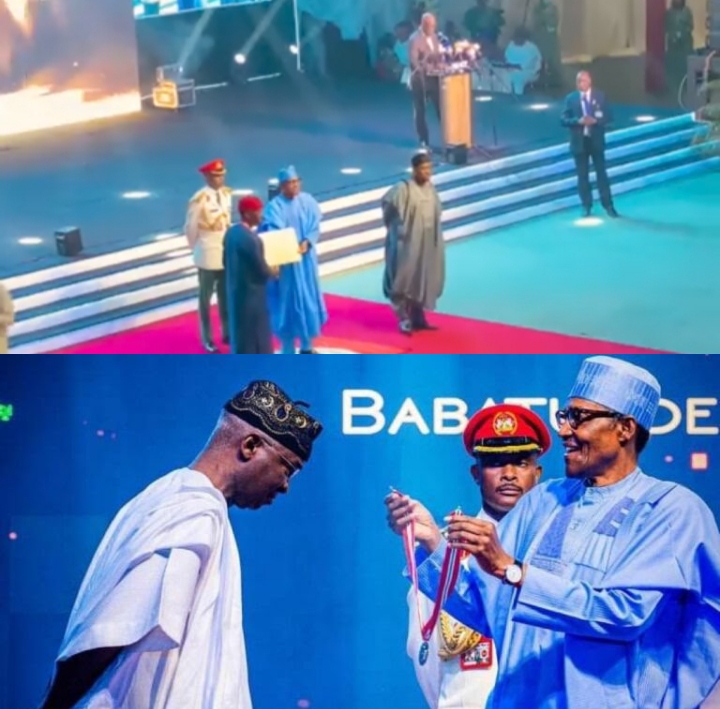
Knocks, Commendations As Buhari Confers 2022 National Honour Awards On 449 Recipients
Latest from FEATURES

Unveiling The Forgotten Surveyor: Benjamin Banneker’s Pivotal Role In Shaping Washington D.C.
Washington D.C., the capital city of the United States, is a testament to the country’s rich history and architectural ingenuity. However, behind the iconic landmarks and monuments lies a lesser-known story of
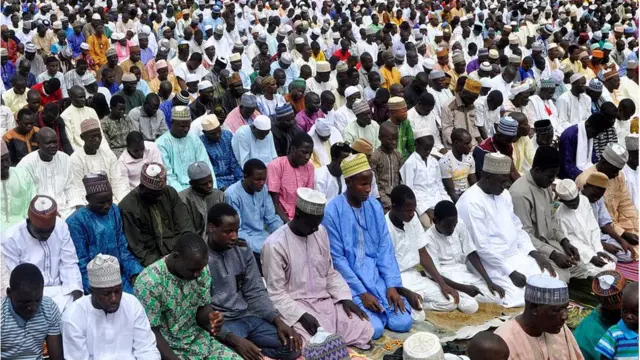
How Economic Hardship Affected 2025 Eid-el-Fitr Celebration
It was a sunny Sunday afternoon on 30 March 2025, in the Ilasamaja area of Lagos, when a neighbour called a footwear repairer, Adamu Bello, to repair some of his children’s damaged
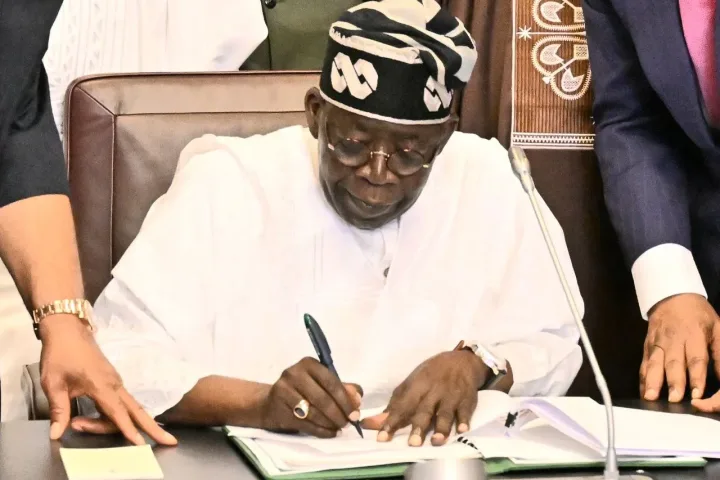
Tinubu Signs Investment and Securities Act 2025 Into Law: What It Means for Nigerians
President Bola Ahmed Tinubu has officially signed the Investment and Securities Act 2025 into law. The new legislation marks a significant shift in Nigeria’s capital market framework, replacing the Investment and Securities
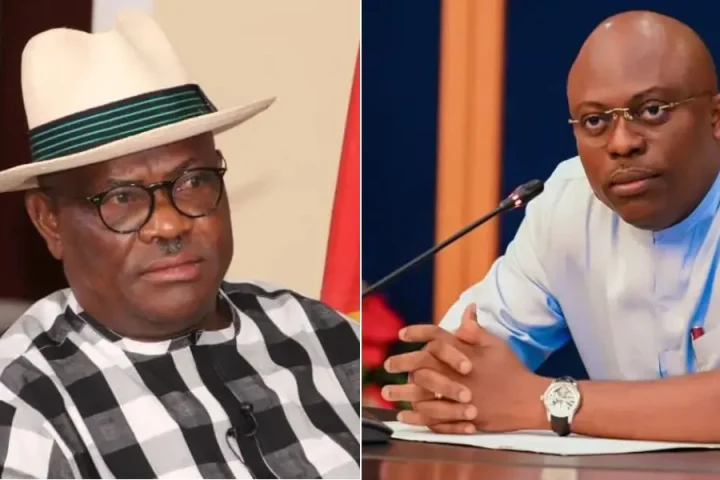
How Rivers State Political Crisis Threatens Nigeria’s Economy
With the lingering crisis in Rivers State, a major oil-rich state in the Niger Delta, there are concerns that it poses a significant threat to Nigeria’s economy. The political crisis, which stemmed
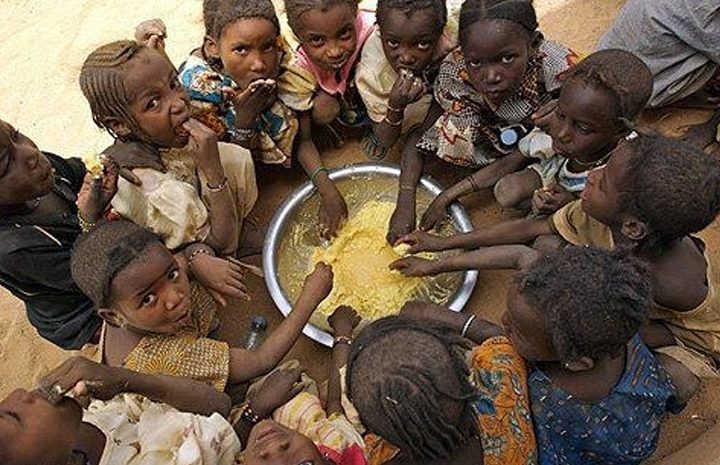
Grim Future Of Hunger In Nigeria: 82 Million At Risk
Hunger in Nigeria is worsening, with millions struggling to afford food. The United Nations warns that 82 million Nigerians—64% of the population—may go hungry by 2030. Rising inflation, poor policies, and insecurity









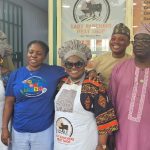
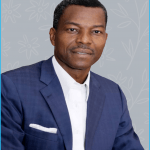
Follow Us